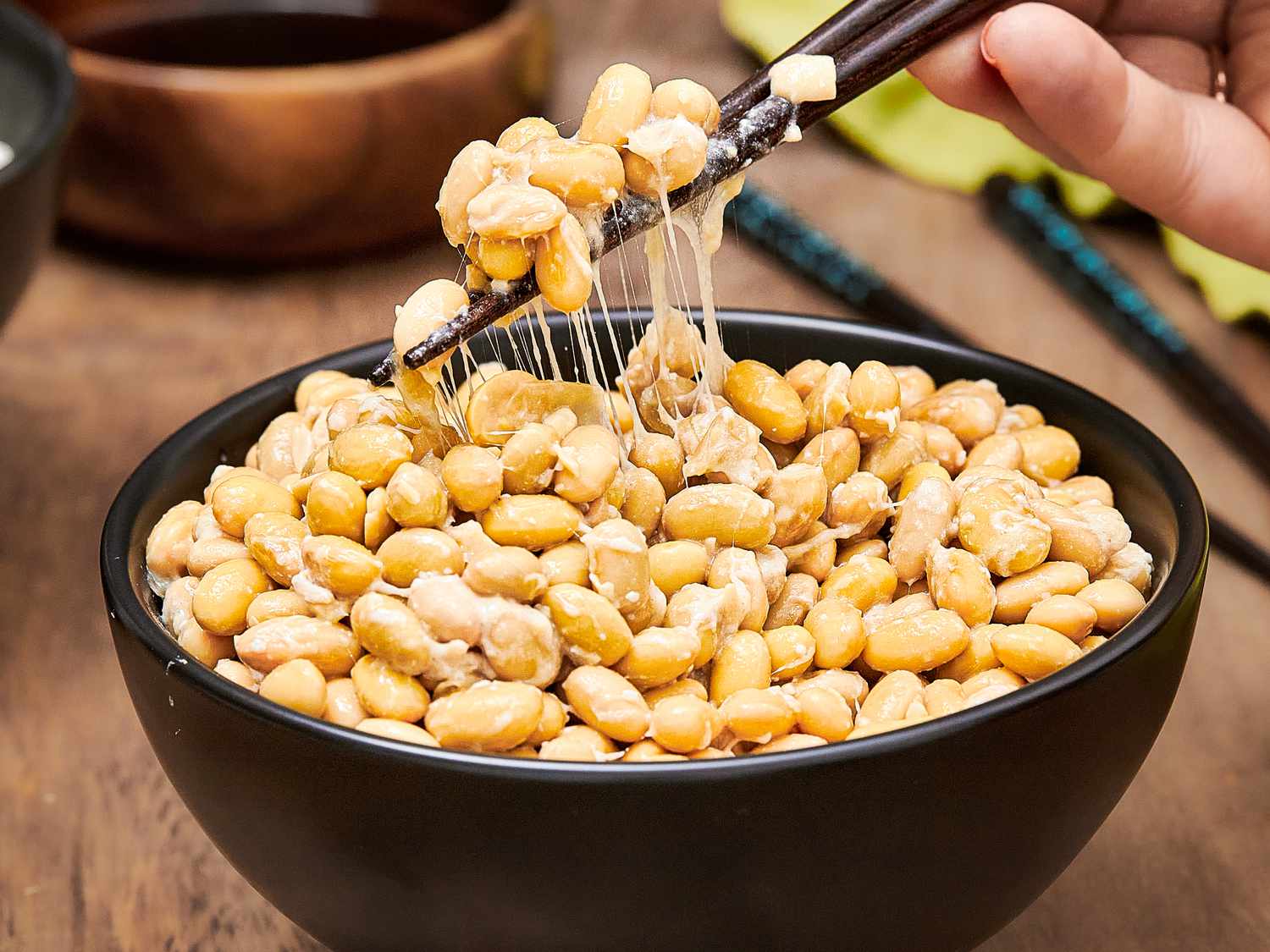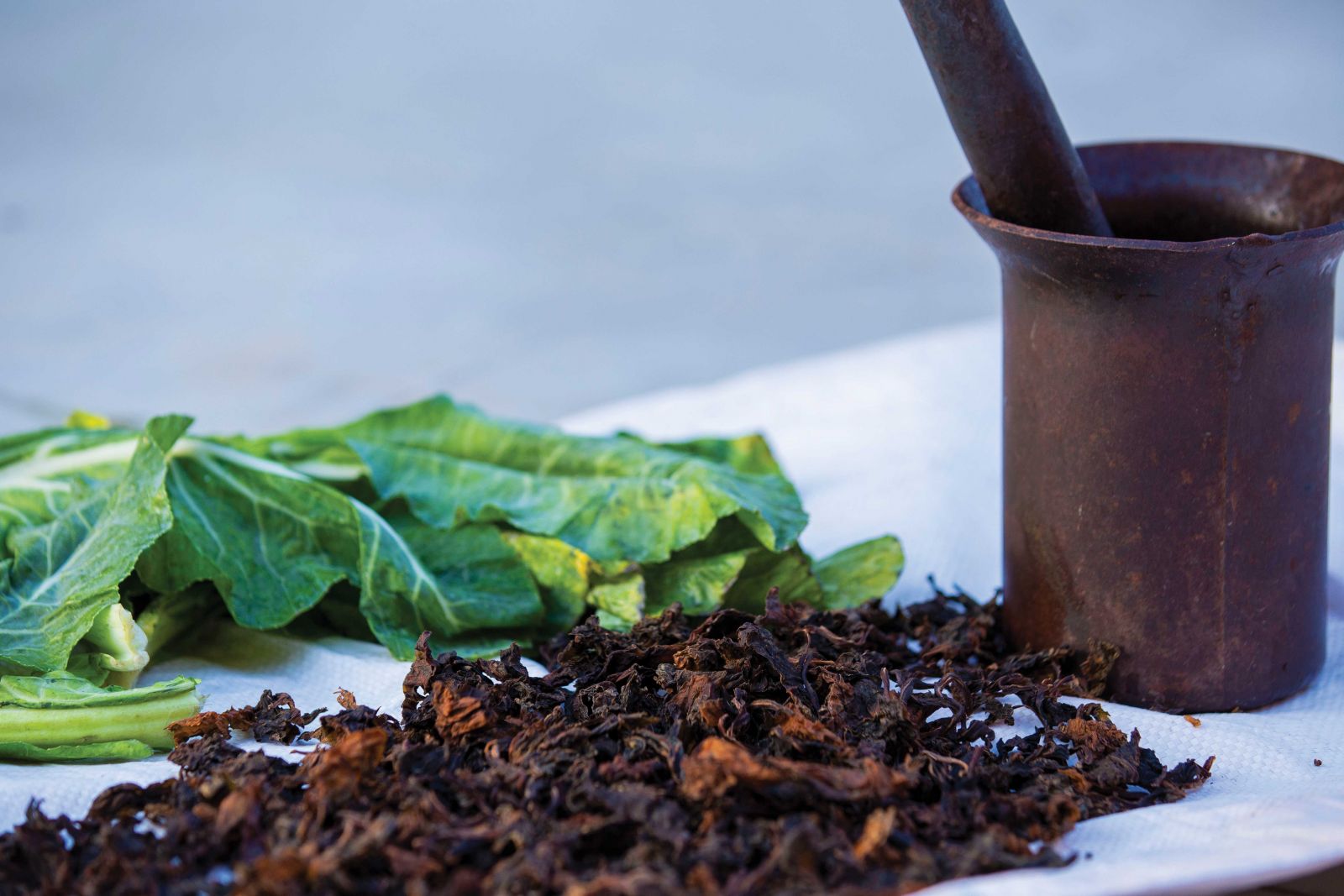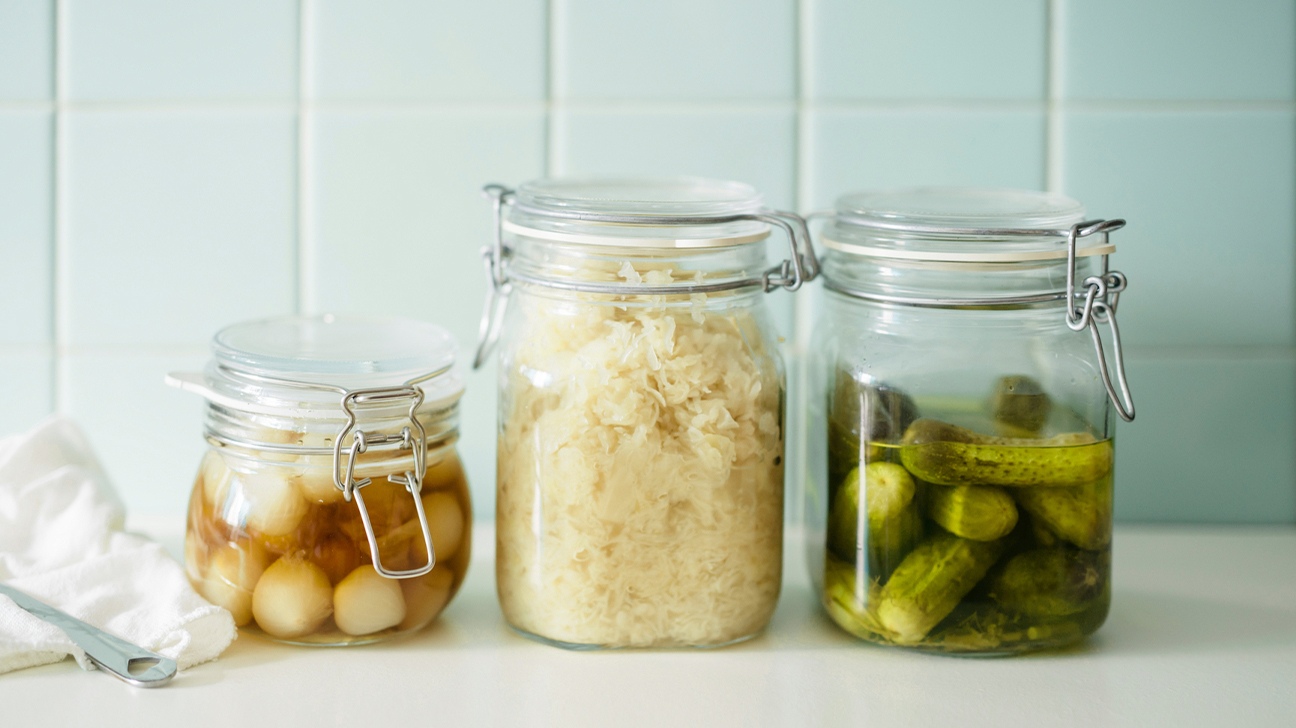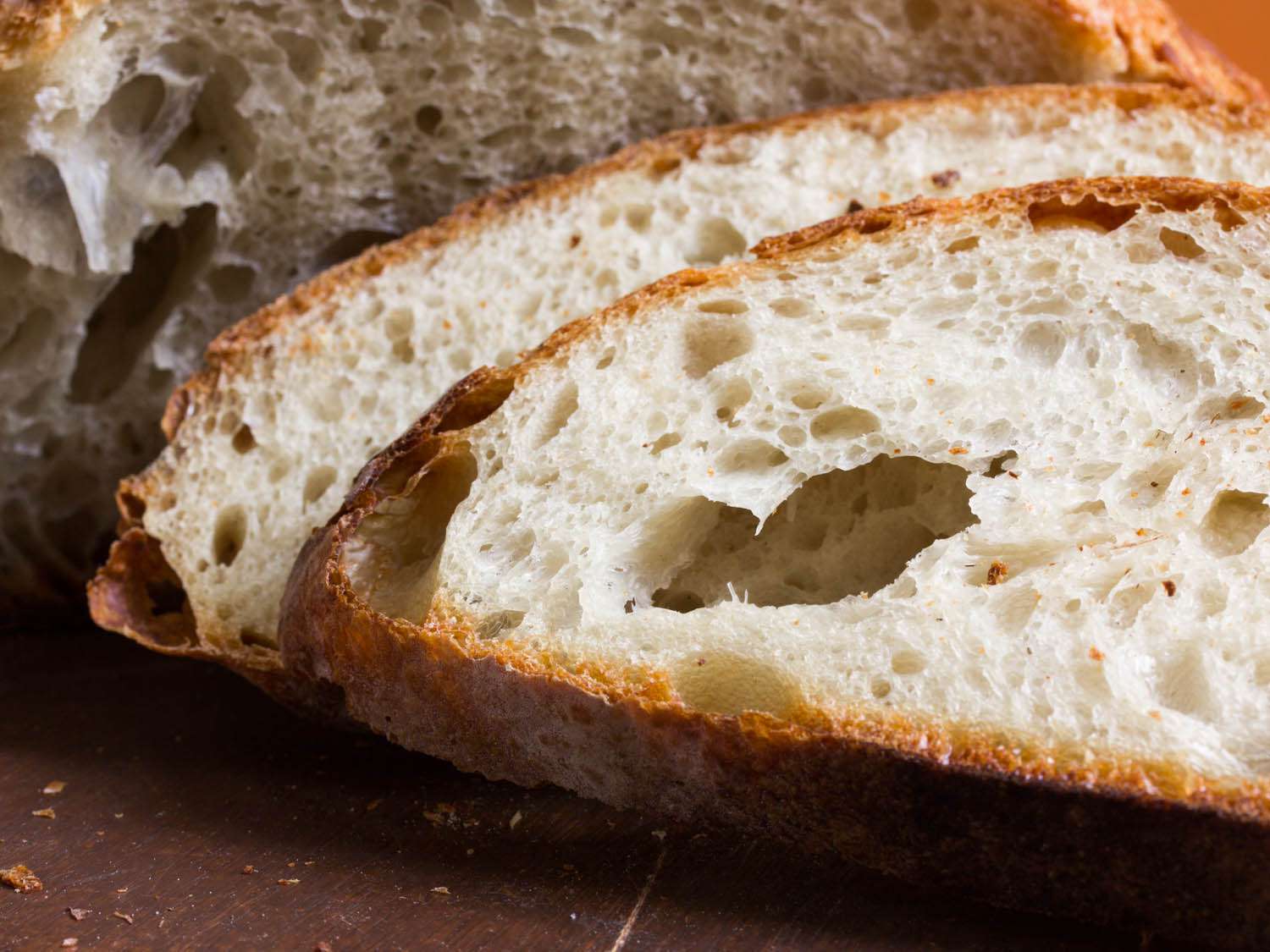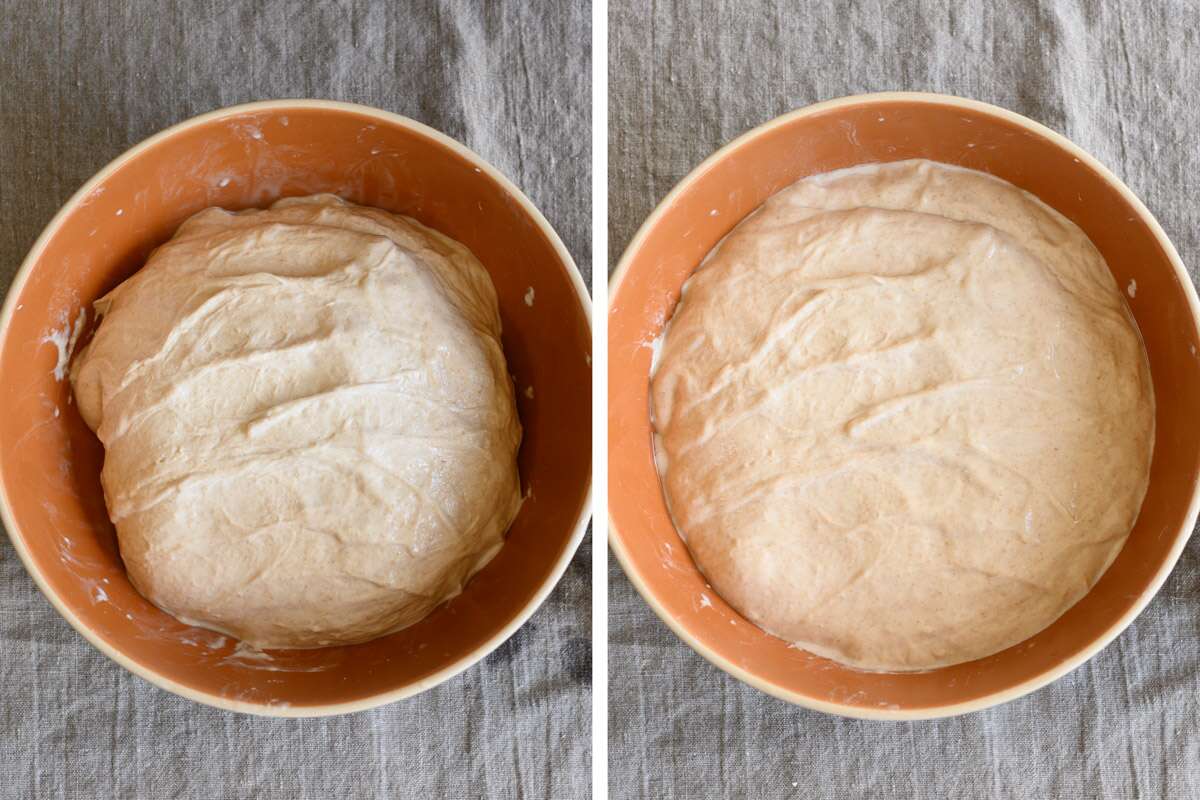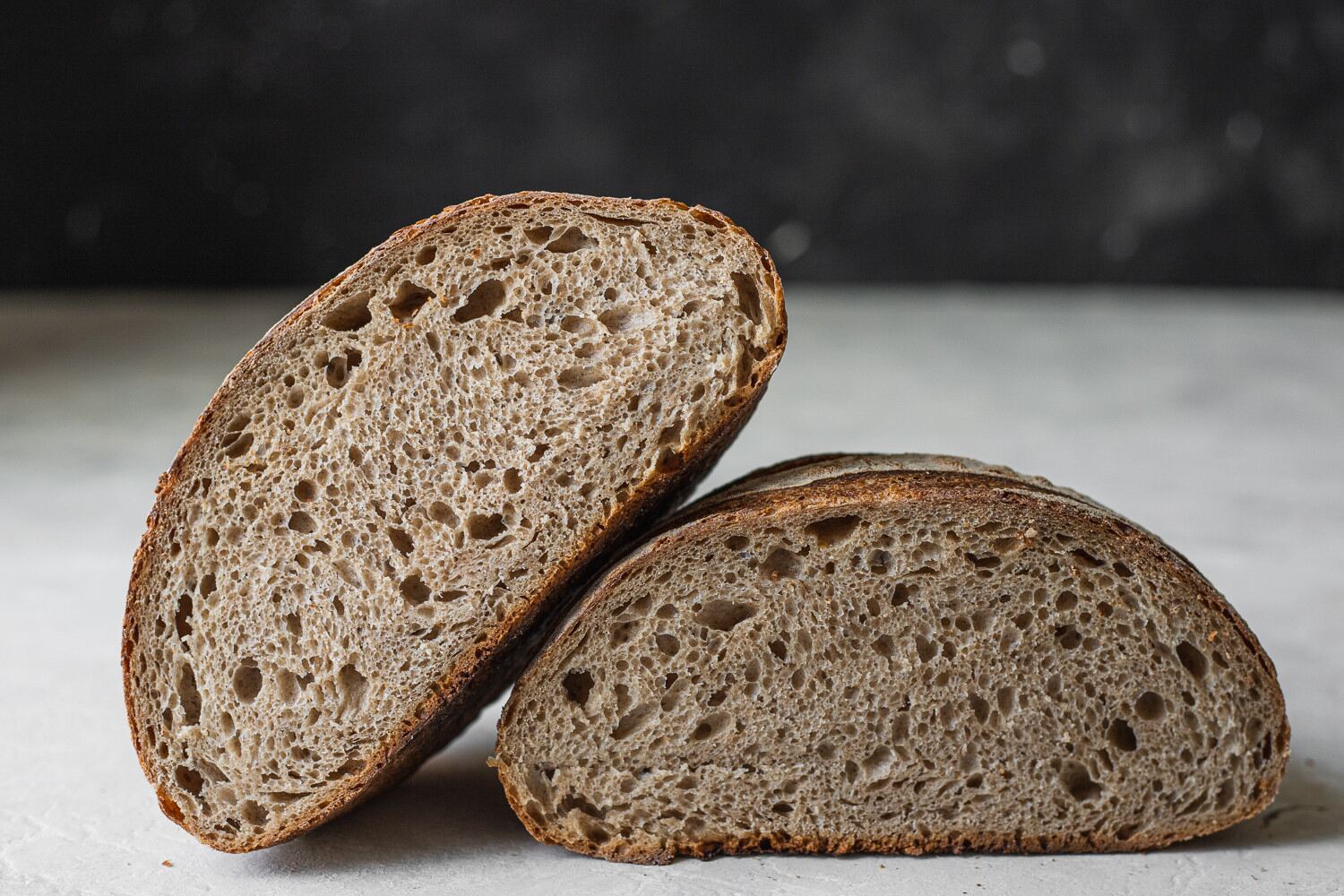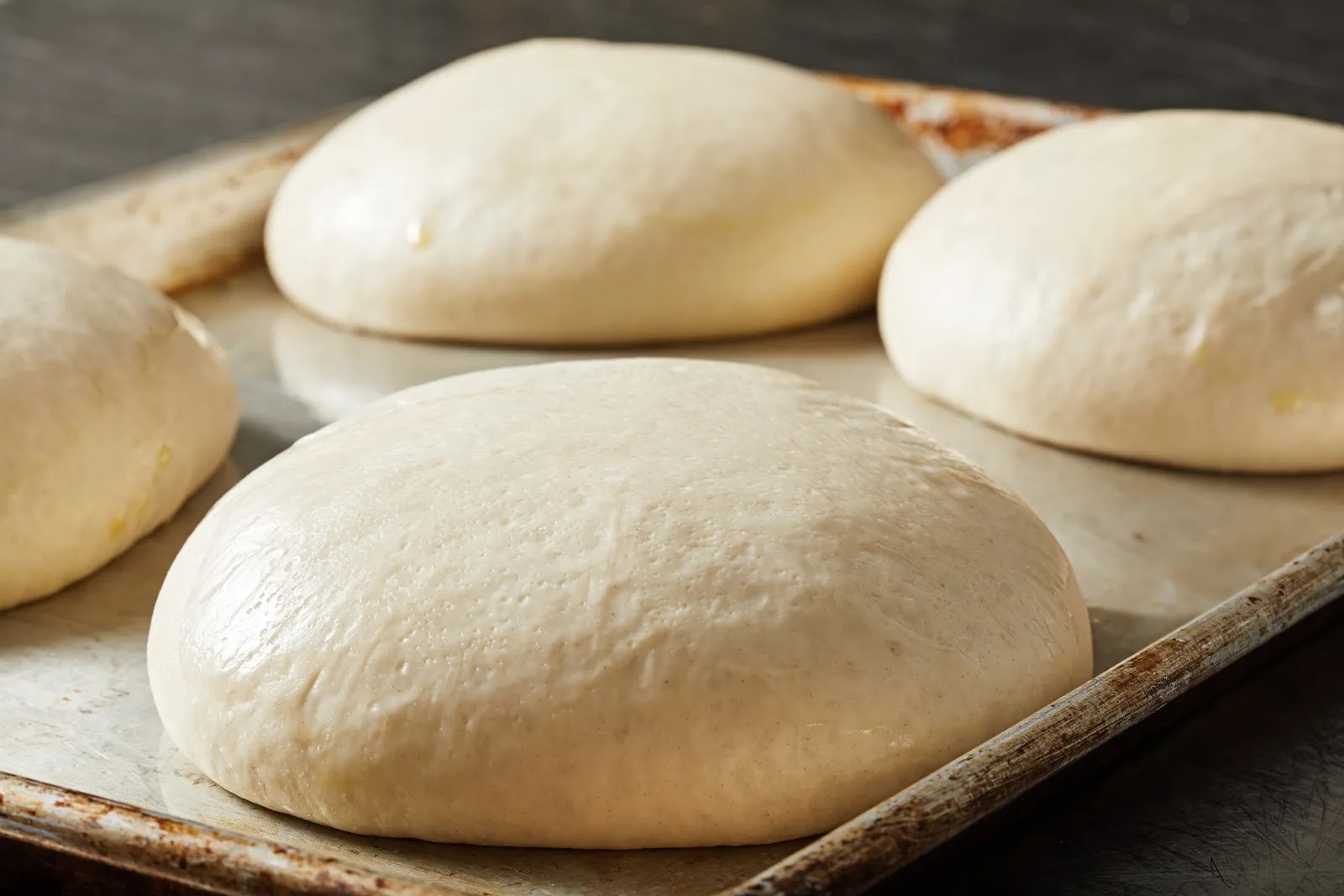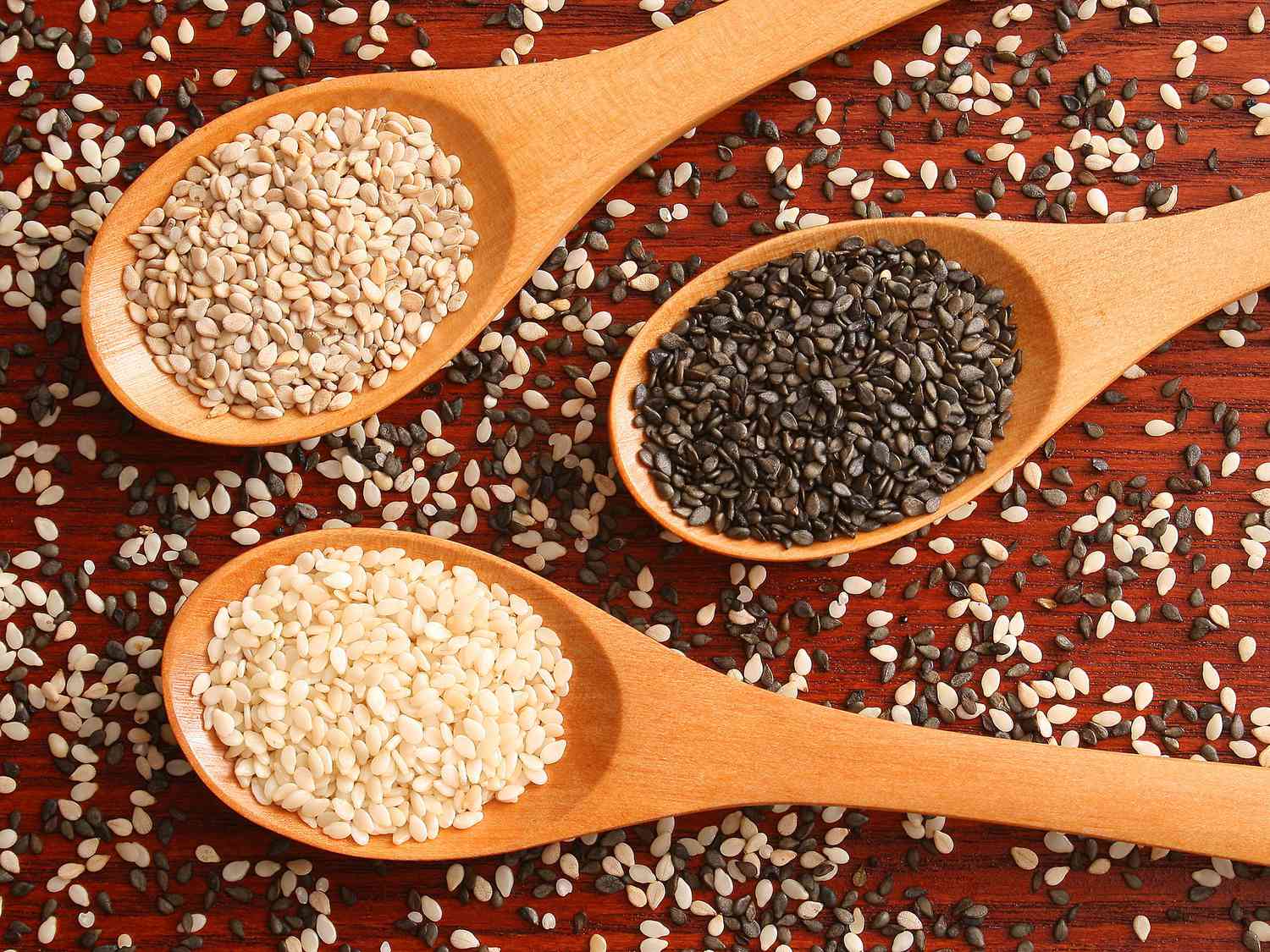Unlocking the Secrets of Fermented Matcha Tea
Matcha tea has been enjoyed for centuries in Japan for its vibrant green color, earthy flavor, and numerous health benefits. But have you ever considered fermenting matcha tea to enhance its flavor and nutritional profile? Fermentation is a natural process that can unlock new depths of flavor and introduce probiotics, making matcha tea even more beneficial for your health. In this article, we’ll explore the art of fermenting matcha tea and how you can do it at home.
What You’ll Need
Before you start fermenting matcha tea, gather the following ingredients and equipment:
- High-quality matcha tea powder
- Filtered water
- A clean glass jar with a lid
- A breathable cloth or coffee filter
- A rubber band
- A wooden spoon
- A dark, cool place for fermentation
The Fermentation Process
Now that you have everything you need, it’s time to start fermenting your matcha tea. Follow these simple steps:
- Mixing: In a clean glass jar, combine 1 tablespoon of matcha tea powder with 2 cups of filtered water. Use a wooden spoon to mix the ingredients thoroughly.
- Covering: Place a breathable cloth or coffee filter over the mouth of the jar and secure it with a rubber band. This will allow air to flow while keeping out contaminants.
- Fermentation: Store the jar in a dark, cool place away from direct sunlight. Let the matcha tea ferment for 24 to 48 hours, depending on your desired flavor and strength.
- Straining: After the fermentation period, strain the fermented matcha tea to remove any solid particles. Your fermented matcha tea is now ready to enjoy!
The Benefits of Fermented Matcha Tea
By fermenting matcha tea, you not only enhance its flavor but also introduce beneficial probiotics. These live microorganisms can support a healthy gut microbiome and improve digestion. Additionally, the fermentation process can increase the bioavailability of nutrients in matcha tea, making it even more potent in antioxidants and other health-promoting compounds.
Enjoying Your Fermented Matcha Tea
Now that you’ve successfully fermented your matcha tea, there are various ways to enjoy it:
- Hot Matcha: Simply heat your fermented matcha tea on the stove and enjoy it as a comforting hot beverage.
- Iced Matcha: Chill the fermented matcha tea in the refrigerator and serve it over ice for a refreshing twist.
- Matcha Latte: Mix your fermented matcha tea with frothed milk for a creamy and indulgent matcha latte.
Final Thoughts
Fermenting matcha tea is a simple yet rewarding process that can elevate your tea-drinking experience. With its enhanced flavor and added probiotics, fermented matcha tea is a delightful and healthful beverage that you can easily incorporate into your daily routine. So, why not give it a try and savor the unique taste and benefits of fermented matcha tea?
Remember, the key to successful fermentation is using high-quality ingredients and maintaining a clean and sanitary environment. With a little patience and creativity, you can unlock the full potential of matcha tea through fermentation.
Was this page helpful?
Read Next: How To Ferment Molasses


